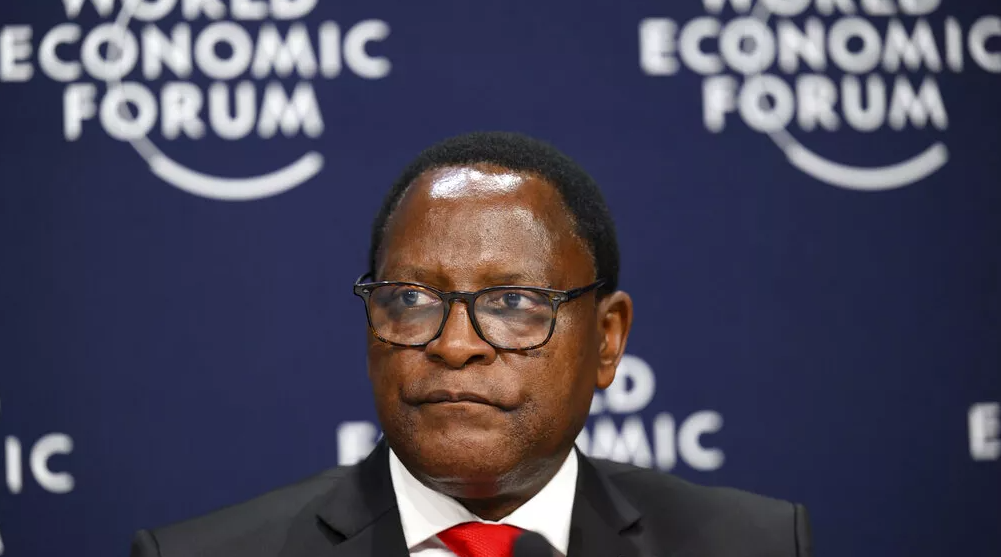Malawian Man Found Guilty : Sainani Nkhoma, a resident of Malawi, found himself in the midst of a controversy when he was convicted for a TikTok video that was deemed disrespectful to President Lazarus Chakwera. The video featured an animated character bearing a striking resemblance to Chakwera, engaging in an eccentric dance. Nkhoma was found guilty of publishing the video and making offensive comments about the president in a popular WhatsApp group.
The sequence of events leading to Nkhoma’s arrest on Tuesday night unfolded in the central Malawian town of Mponela. It was members of a WhatsApp group who brought Nkhoma’s behavior to the attention of the ruling Malawi Congress Party. Following this, Judge Talakwanji Mndala ruled that Nkhoma’s actions were unacceptable, and sentencing is scheduled for next week. The judge’s warning of a potential jail term of six years or a heavy fine of almost $3,500 suggests a harsh punishment.
President Chakwera’s ascension to office in 2020 was preceded by a turbulent political era in Malawi. The country’s Constitutional Court, citing extensive irregularities, mandated a re-run of the 2019 presidential election, thereby nullifying the initial victory of then-President Peter Mutharika. Chakwera’s triumphant announcement, ‘I’m so happy I could dance all night,’ marked a significant turning point in the country’s political landscape.
In the context of Malawi’s political atmosphere, Nkhoma’s case underscores the delicate balance between freedom of expression and respect for authority. As his legal battle demonstrates, social media platforms like TikTok provide a creative and critical outlet for users, but they also intersect with societal norms and legal restrictions. The outcome of his case is likely to set a precedent for handling political dissident speech and internet free speech in the modern era, potentially shaping the future of freedom of expression in Malawi.
Nkhoma’s case raises important questions about the state of Malawi’s rule of law and civil freedoms. Incidents like this highlight the ongoing tension between personal freedoms and state power, a balance that Malawi is still grappling with in the context of its democracy and government. While it is crucial in a democracy to have the freedom to criticize and hold leaders accountable, the manner in which this criticism is expressed can have far-reaching consequences for individual liberties and the credibility of democratic institutions.
Given this, it is of utmost importance that all stakeholders—including lawmakers, attorneys, and civil society organizations—engage in a nuanced conversation about how to balance protecting individual liberties with preserving the credibility of democratic institutions. Malawi can progress on its path to a more inclusive and transparent democracy by fostering an environment that encourages open speech within the confines of the law.
Lastly, Sainani Nkhoma’s story serves as a stark reminder of the intricate web that forms when politics, technology, and the law intersect. Without compromising its commitment to democracy, fairness, and justice, Malawi will face an uphill battle in navigating these complexities. If the country is truly dedicated to building a more equitable and accountable society, it must unite to resolve these conflicting interests.



















